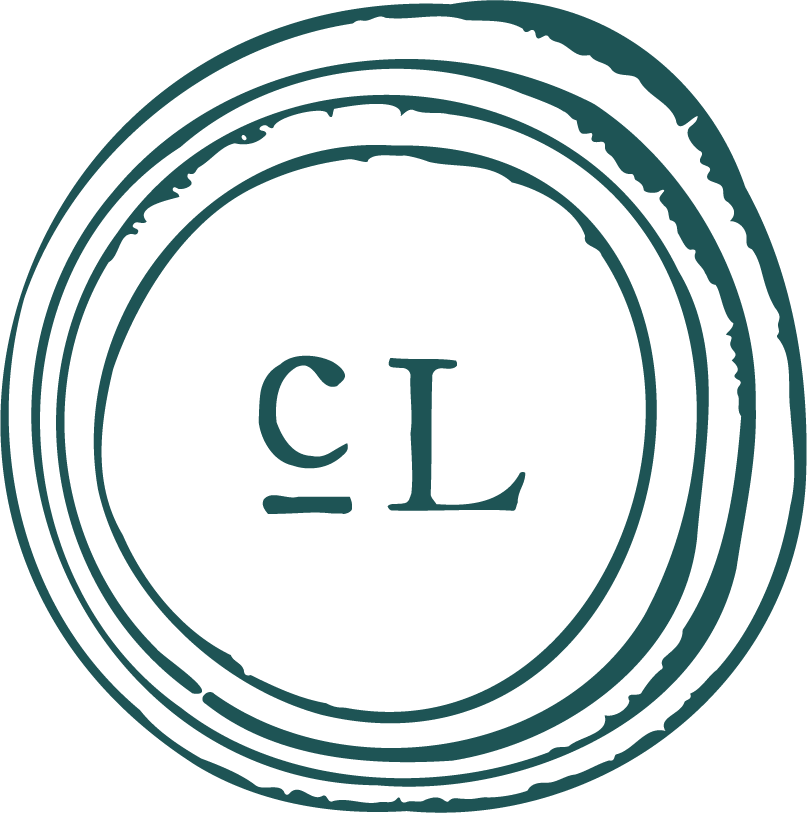What is Functional Medicine?
“I feel so much better” is my favorite thing to hear from patients.
I get to hear it a lot – not 100% of the time, but pretty darn often.
I see a lot of women who’ve seen a lot of practitioners to little or no avail, so when I hear “I feel better, ” I think to myself, this functional medicine stuff really works.
I've been asked questions about certification vs licensing vs degrees, etc – "Any healthcare professional can take a functional medicine approach and – through rigorous advanced courses of study – a licensed professional can be certified by the Institute for Functional Medicine (IFM),” which was founded in 1991. IFM doesn't confer a medical degree – it builds on that degree by furthering the knowledge and adjusting the focus.
Functional medicine focuses on the origins, prevention, and treatment of complex, chronic disease – understanding the why of an individual’s symptoms. Why does she have fatigue? Eczema? Depression? She wasn’t born that way. Something happened that changed her biochemistry that is now manifesting as a physical symptom. Why?
Functional Medicine practitioners look to understand the complex web of interactions in the client’s life including history, physiology, genetics, and environment. Internal and external factors that affect function are also considered, like the state of someone’s spirit and the social environment in which they live. I think of functional medicine as a constellation – when you draw lines between isolated stars, you get a bigger picture. That’s functional medicine, to me.
This approach to healing is also referred to as root-cause medicine. Naming the disease is less important than understanding the physiology that created it. For example, I am less interested in which specific autoimmune disease someone has – and, in truth, if they have one, they typically have more than one. In a functional medicine model, all autoimmune disease stems from an aberration in the immune system, which is housed in the lymphatic tissue that lines the intestines. When I address the underlying gut issue, any and all autoimmune disease is addressed.
A functional medicine approach blends conventional medical practice with integrative medical practice. Therapeutic nutritional interventions, lifestyle modification, and exercise are primary paths to healing. Laboratory testing is used – some conventional, some functional. Supplements, herbs, and/or medication are also used, depending on a patient’s preference.
Functional medicine shifts the organ-based, disease-centered focus of conventional medicine to a systems-based, client-centered practice, addressing the whole person, not just malfunctioning organs. Those who embrace this approach provide time-intensive care, listening to a patient’s story, putting her health within the context of her genetics, her environment, and her life.
It's personalized health care at its best.
This blog was originally published on 3/30/21, you can find the full blog here.

